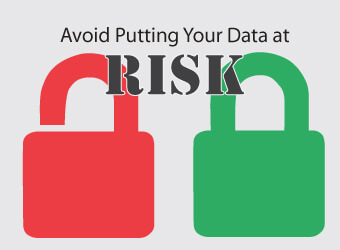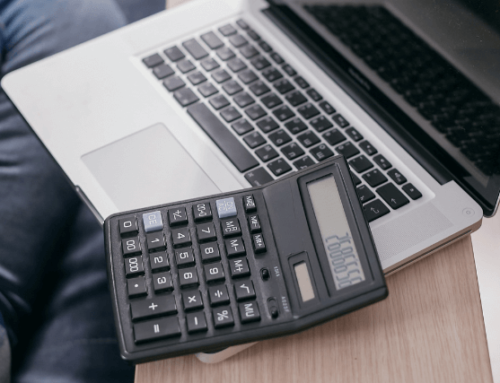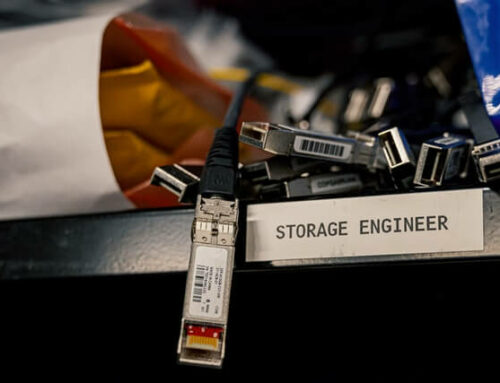Here’s a statistic that would alarm any CIO: Almost half of employees have accessed corporate data while browsing unsecured public networks, and most employees never report any missing or stolen BYODs until later. With personal security already being breached via large retailers and popular online sites, it does not ease the minds of CIOs to know their corporate data is also vulnerable due to BYOD security risks. It’s hard to imagine that a person can lose his or her job over a stolen or lost tablet, but this is a possibility when a company’s security is vulnerable to threats. Corporate data security is at risk when employees do not take certain precautionary measures to protect their devices.
BYOD Security Risks
While there are benefits to BYOD, there are also risks that arise when employees mix personal devices with business. Here are few examples of the risks associated with BYOD:
- Unreported lost or stolen BYOD leaving corporate data exposed
- Employers cannot determine when data breaches occur if it occurs on an unmanaged BYOD
- Vulnerability to malware because personal devices can bypass filters established on company devices
- Unknown third-party access
- Disgruntled employees with corporate access on their mobile devices after parting with the company
One of the reasons why threats to BYOD security may be so high is that employees are not properly educated on the risks and dangers associated with mobile security. In concert with educating employees, companies need to implement solutions to protect the data employees have access to on personal devices. There is a significant inconsistency with what companies believe happens in the BYOD realm versus what is actually occurring. The truth of the matter is, a large number of employees have compromised personal and corporate data without realizing it. It’s hard to reinforce a policy when employees are unaware of the policy or its magnitude.
Effective Security Solutions
There are some companies that are taking strides in protecting data for BYOD. Effective solutions companies can implement are:
- Adhering to corporate policies and creating safeguards for protecting mobile data while also incorporating user convenience
- Reinforcing employees to follow best practice guidelines and give IT some control in the situation
- Blacklisting at-risk software or adopting a bring-your-own-application (BYOA) strategy
- Monitoring data on employees’ personal devices and cloud services
- Establishing appropriate use of BYOD in contracts and having employees contractually agree to the terms
- Encrypting corporate data
Safety in BYOD depends on both the employee and the company. The company should continue to educate its employees about the dangers associated with BYOD, and employees should practice consistent safety and responsibility when accessing corporate information on personal devices. If you’re considering BYOD implementation in your company, IT visionaries at ADAPTURE can help. Our expertise in the safety and execution of BYOD-ready architecture will get your policies and procedures implemented quickly, securely, comprehensively, and with the latest technologies and advancements in mind.
For more on BYOD, click here to read ADAPTURE’s infographic on BYOD: Infographic: BYOD Friend or Foe?













